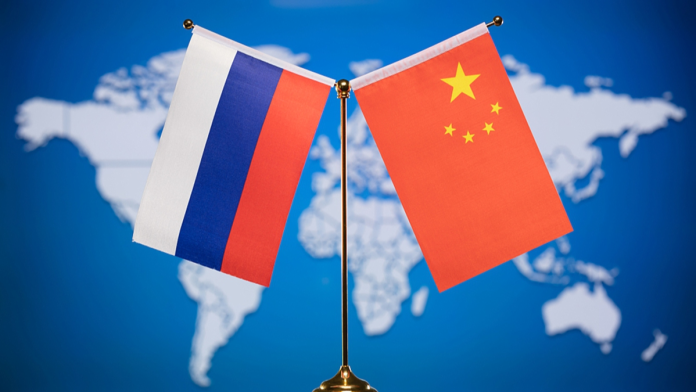China is preparing to reopen its domestic bond market to major Russian energy companies. This move signals growing ties between the two nations at a time when global politics and economics are deeply divided. According to recent reports, Chinese regulators have indicated that they are ready to allow Russian firms to issue bonds in China’s currency, the yuan.
These bonds, often called “panda bonds,” are sold by foreign companies inside China’s financial markets. The new decision marks the first time since 2022 that Russian firms could raise money publicly in China. The last such move by a Russian company happened in 2017, when aluminum producer Rusal issued 1.5 billion yuan worth of panda bonds.
The companies expected to be part of this new plan include some of Russia’s largest energy groups. Two or three major groups are likely to join at the beginning. Among them are Rosatom, the state-owned nuclear corporation, and its affiliates. These are not under full Western sanctions, making it easier for them to work with Chinese financial institutions.
Russian Energy Firms Gain Access
One of the most notable names in this development is Gazprom, Russia’s main natural gas exporter. The company recently secured the highest “AAA” rating from Chinese credit rating agency CSCI Pengyuan. This rating is a required step for any company that wants to sell panda bonds in China. Without it, access to investors would not be possible.
China to impose tariffs of up to 78.2% on U.S. optical fibre imports
Other Russian energy companies have also taken steps to prepare for entering the Chinese bond market. Firms such as Novatek and Zarubezhneft have already received ratings in China. These ratings are critical because they show investors how safe or risky a company might be when borrowing money.
Until now, Russian companies had struggled to raise funds abroad. With most Western markets closed due to strict sanctions, Moscow has been seeking new ways to fund its energy businesses. Turning to China’s bond market may provide an alternative source of financing at a time when traditional options are limited.
This plan also comes shortly after major agreements between China and Russia in the energy sector. The two countries are deepening their cooperation on large infrastructure projects, including natural gas pipelines that could change global energy flows. By allowing Russian companies into its bond market, China is opening another path for financial and economic collaboration.
Brazil Ditches the Dollar: Launches First-Ever Panda Bond in China’s Yuan
Risks for Chinese Banks
Even with this opening, the plan carries risks for Chinese financial institutions. Large state-owned banks in China had previously avoided providing financing to Russian firms. Their hesitation was due to the fear of secondary sanctions from the United States and its allies.
Secondary sanctions mean that even if a company is not directly targeted, it can still face penalties for doing business with sanctioned entities. This remains a serious concern for banks that help issue panda bonds for Russian groups. Legal experts warn that underwriters—banks that handle bond sales—could face penalties if they are tied to restricted companies.
Despite these risks, the growing role of the yuan in global trade is influencing decisions. The Chinese currency is becoming more important for international deals, and Beijing’s close ties with Moscow are pushing both countries to find new financial solutions.
The People’s Bank of China, the China Securities Regulatory Commission, and the National Association of Financial Market Institutional Investors have not provided comments on the matter. However, industry insiders confirm that discussions between regulators and Russian executives took place in late August in the city of Guangzhou.
The possibility of Russian firms returning to China’s bond market shows a new chapter in financial cooperation between the two countries. With Russia’s limited access to Western markets, this initiative is set to play a key role in how Moscow secures funding in the future.
